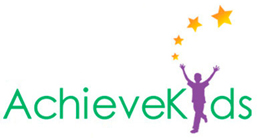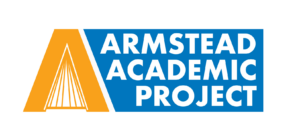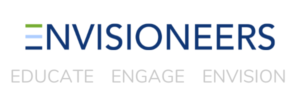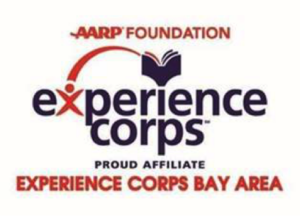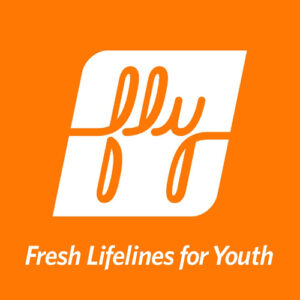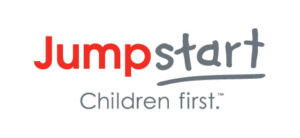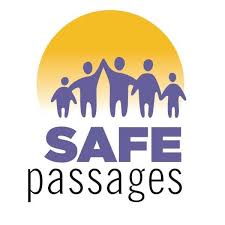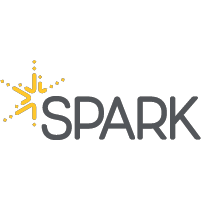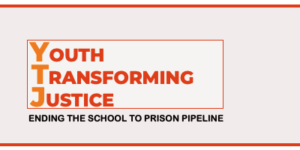Students with social emotional learning support do better academically. They are more likely to go to school ready to learn, actively engage in school activities, enjoy supportive and caring connections with adults and their peers, use appropriate problem-solving skills, manage challenging emotions in productive ways and contribute to positive school culture.
There is increasing research into what has been called the non-cognitive skills and social-emotional aspects of child development. The term ‘non-cognitive skills’ refers to a set of attitudes, behaviors, and strategies that underpin success in school and at work, such as motivation, perseverance, and self-control. They are usually contrasted with the ‘hard skills’ of cognitive ability in areas such as literacy and numeracy, which are measured by academic tests. Non-cognitive skills are increasingly considered to be as important as, or even more important than, cognitive skills or IQ in explaining academic and employment outcomes.
It’s not enough to simply fill students’ brains with facts. A successful education demands that their character be developed as well. That’s where social and emotional learning comes in. Social and emotional learning helps students develop the skills to manage their emotions, resolve conflict appropriately and make responsible decisions.

